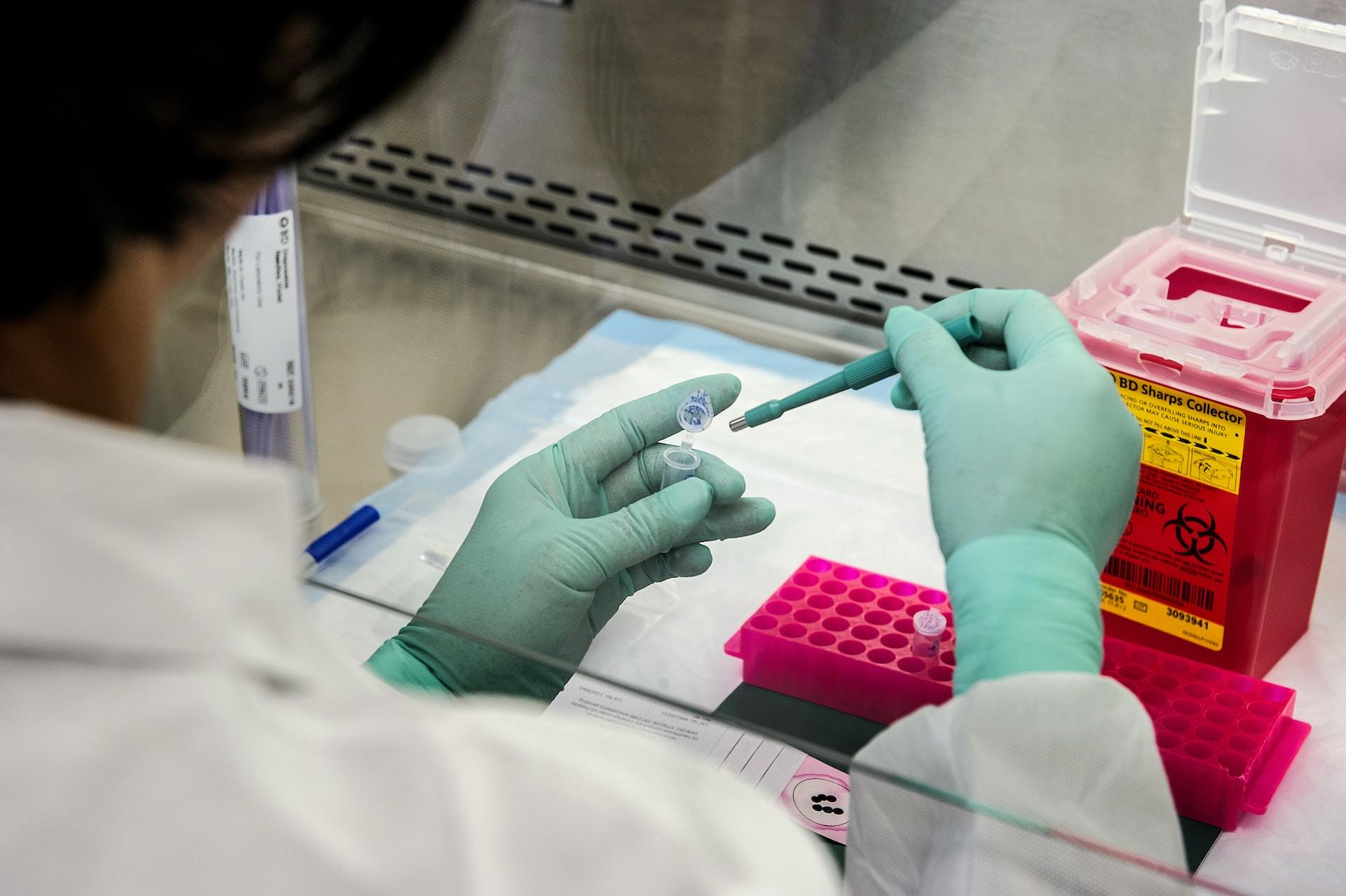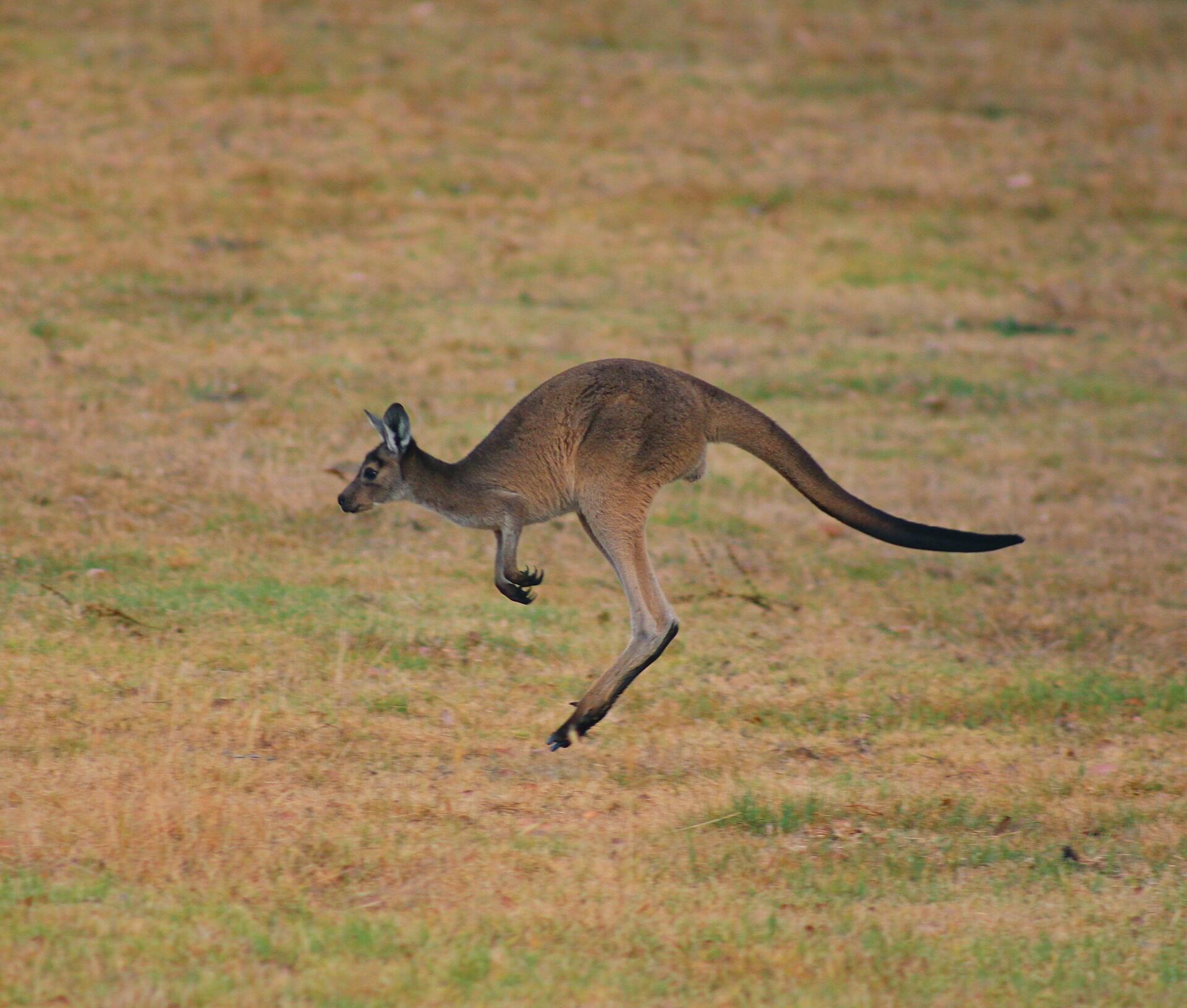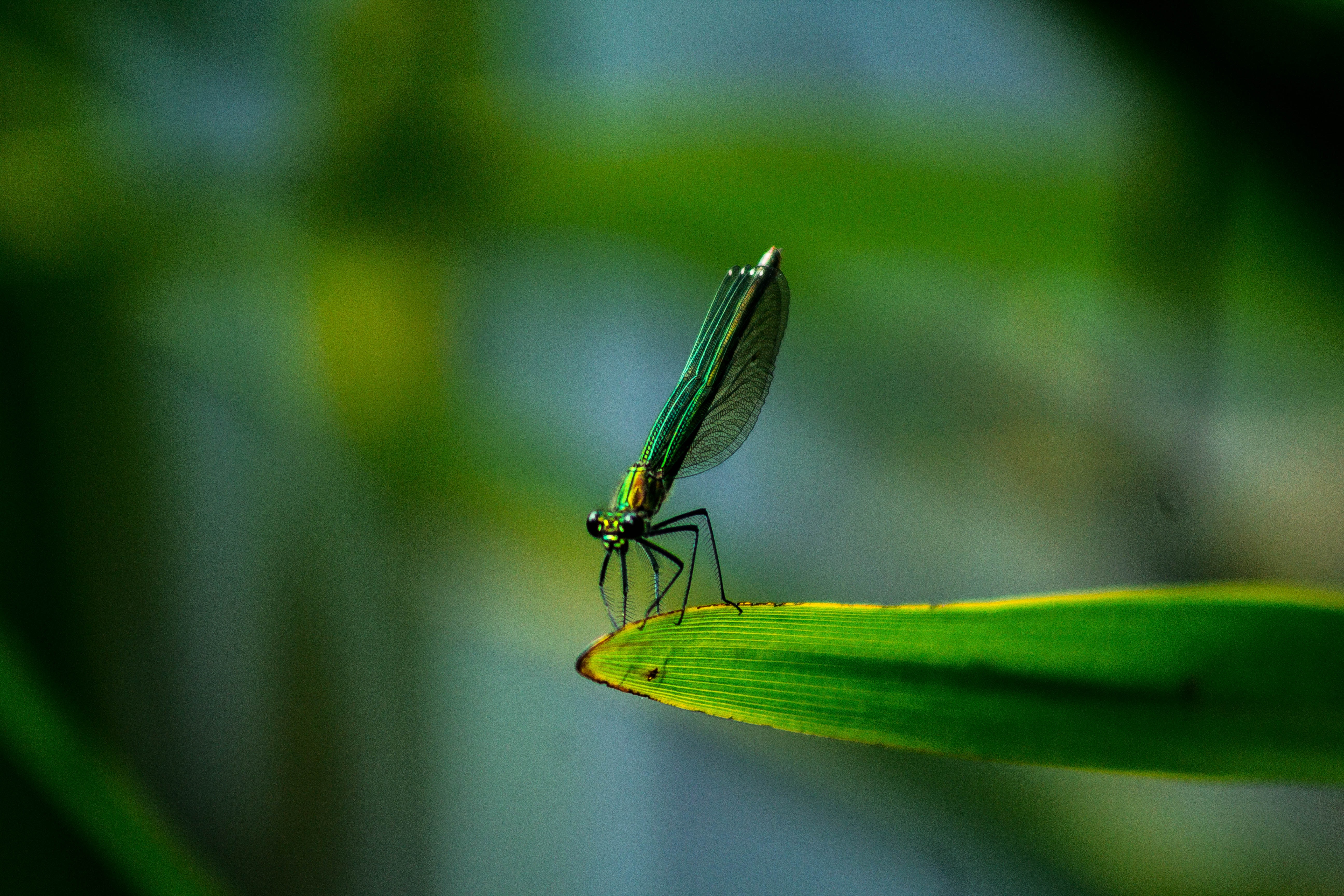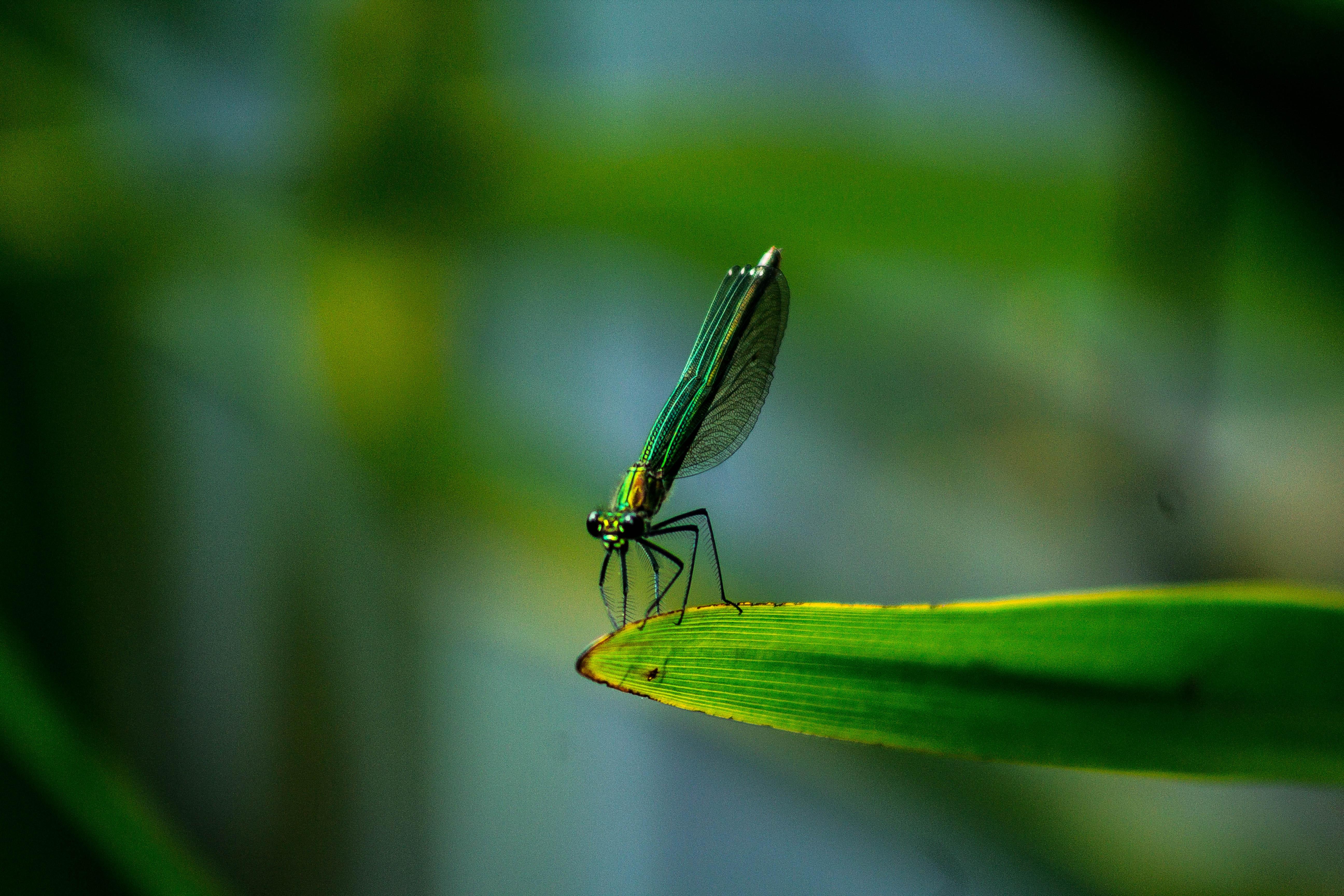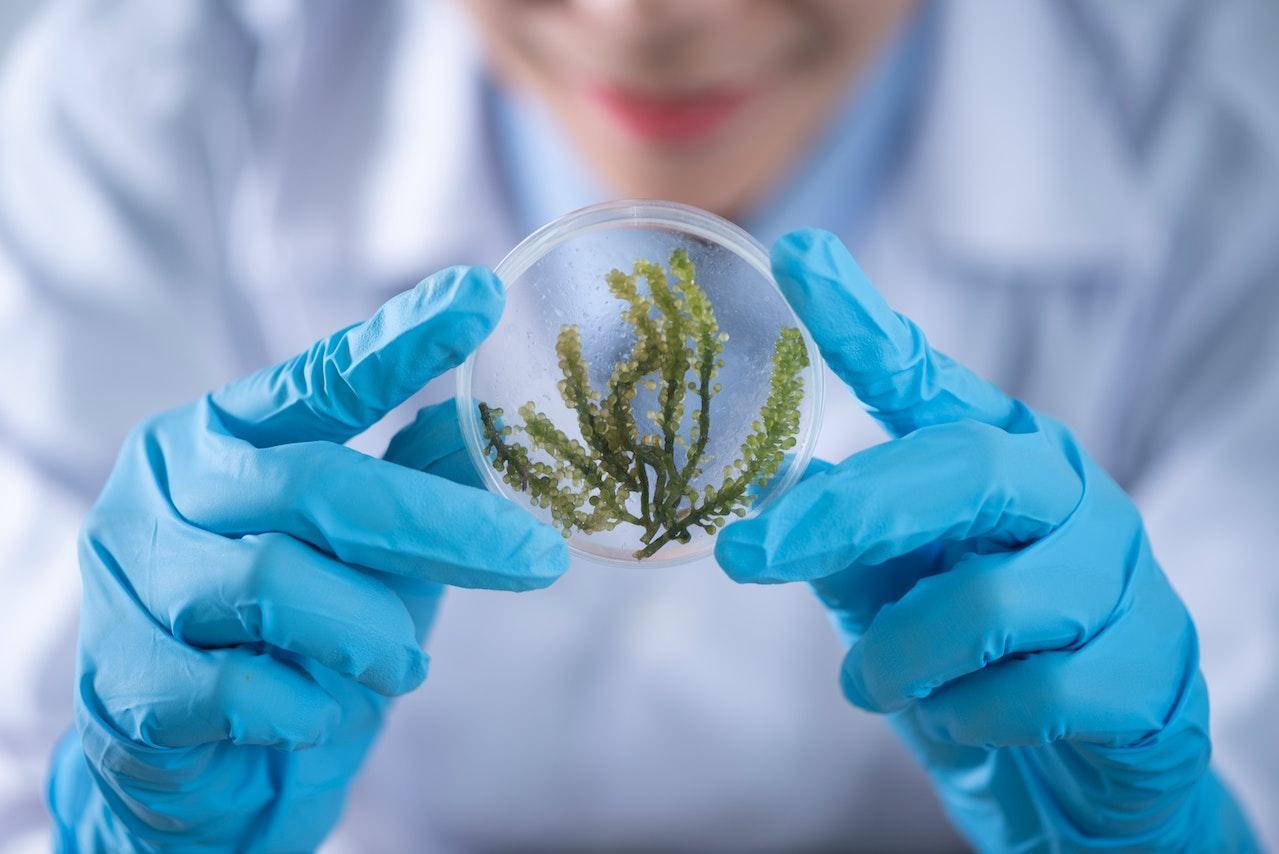If you're a secondary school in Victoria, in years 11 and 12, you'll likely be expected to complete the Victorian Certificate of Education (VCE).
Generally, students spend both years completing the units that make up the VCE with the first year comprising of internal assessments that are marked and graded by the school and the second year culminating in the end-of-year external assessment or exam.
At VCE, there are over 90 subjects to choose from and the only compulsory subject is English as students have to choose at least one English subject.
After that, they can choose whichever subjects they like from the arts, languages (other than English), English, mathematics, health and physical education, the humanities, technology, and science.
Students usually choose between 5 and 6 subjects to study in VCE. For those interested in biology, let's look at VCE Biology and all the questions you might have about it.

What is VCE Biology?
As you'll imagine, VCE Biology is one of the options that students can choose as part of their VCE programme in years 11 and 12.
As with the other VCE subjects, there are 4 units and while there is some flexibility in which order the materials from the units are studied (more on that later), schools will generally opt for them to be taught and studied in unit order.
Need help in your biology class? Find an amazing tutor on Superprof today!

What Biology Topics Are in VCE?
The best place to find all the topics in VCE Biology is through the Study Design. This lengthy document is essentially the curriculum and all the essential information on VCE Biology.
VCE Biology is divided into 4 units with each unit containing 3 Areas of Study except for Unit 3 which has the School-Based Assessment instead of Area of Study 3.
Unit 4, however, has 3 Areas of Study plus the school-based assessment and the VCE Biology end-of-year examination.
Here's a quick look at the units and the areas of study.

Unit 1: How do organisms regulate their functions?
This part of VCE biology focuses mainly on the cell and how it works in everything from single-cell organisms to multicellular organisms.
Area of Study 1: How do cells function?
By the time students have completed this Area of Study, they should understand the structure of cells and how they work as well as the cell cycle.
Area of Study 2: How do plant and animal systems function?
Here, students will see how plants regulate water and how animal cells work regarding digestive, endocrine, and excretory functions.
They'll also see how homeostatic mechanisms regulate body temperature, blood glucose, and water balance and what happens when these mechanisms malfunction.
Area of Study 3: How do scientific investigations develop an understanding of how organisms regulate their functions?
In the last Area of Study in Unit 1, students will learn about investigation design, scientific evidence, and how these both are used in the study of the topics in the previous Areas of Study.
Unit 2: How does inheritance impact on diversity?
The second unit of VCE Biology focuses on how life transmits biological information from one generation to another and how this can lead to diversity within species. Students will mainly be looking at the genetic and environmental factors that lead to this.
Area of Study 1: How is inheritance explained?
In the first Area of Study in Unit 2, VCE Biology students will look at chromosomes, genomes, genotypes, phenotypes, and patterns of inheritance.
Area of Study 2: How do inherited adaptations impact on diversity?
The second Area of Study will have students analysing the advantages and disadvantages of reproductive strategies and evaluating how this will affect a specie's chance of survival in a given ecosystem, especially in terms of Australian ecosystems.
Area of Study 3: How do humans use science to explore and communicate contemporary bioethical issues?
In the final Area of Study for Unit 2, students will look at the bioethical issues present in genetics and reproductive science.
They'll look at scientific evidence, scientific communication, and how these are both used for the analysis and evaluation of bioethical issues.
Unit 3: How do cells maintain life?
As mentioned earlier, Unit 3 only has 2 Areas of Study as it also includes the school-based assessment and the external assessment.
Area of Study 1: What is the role of nucleic acids and proteins in maintaining life?
In the first Area of Study, VCE Biology students look at nucleic acids and proteins and the tools and techniques that can be used to manipulate DNA.
Area of Study 2: How are biochemical pathways regulated?
The second Area of Study in Unit 3 focuses on how photosynthesis and cellular respiration are regulated and how biotechnology can be used to solve some of the problems that can arise during the regulation of biochemical pathways.
School-based Assessment
The school-based assessment is part of Unit 3. Not only does this mean that Unit 3 has fewer Areas of Study, but it also outlines in the VCE Biology Study Design that the school-assessed coursework that constitutes the assessment "must not unduly add to the workload" so don't think of it as more work.

The school-based assessment for Unit 3 accounts for 20% of your study score so it's worth taking seriously.
External Assessment
The External Assessment is the end-of-year and it accounts for 50% of your overall study score. This external assessment is for both Units 3 and 4.
Unit 4: How does life change and respond to challenges?
The last unit of VCE Biology focuses on the ongoing challenges that life on Earth faces including the immune system and how it can respond to pathogens and achieve immunity against them.
Area of Study 1: How do organisms respond to pathogens?
Unit 4 Area of Study 1 teaches students how to analyse the immune response to antigens while comparing the different ways that immunity can be achieved in terms of responding to antigens, acquiring immunity, and strategies used against diseases.
Area of Study 2: How are species related over time?
The second unit focuses on how a population's gene pool can change due to mutations, selective breeding, bacterial resistance, and environmental selection pressures.
Students will see how species change over time and how to determine the relatedness of species through morphology, vestigial structures, and molecular homology.
Area of Study 3: How is scientific inquiry used to investigate cellular processes and/or biological change?
Last but not least, Area of Study 3 of Unit 4 teaches students how to conduct scientific investigations on cellular processes and how life responds to challenges. This includes a focus on investigation design, scientific evidence, and scientific communication.
School-based Assessment
Much like Unit 3, Unit 4 also has a school-based assessment. This accounts for 30% of your study score so it comes with slightly heavier weighting than that of Unit 3.
Is VCE Biology Easy?
VCE Biology isn't really easier or more difficult than any other VCE subject because all the subjects have their study scores scaled to make them comparable to one another.
If biology is a subject that you've always found difficult, then you'll likely find VCE biology quite challenging. However, by being aware of the Study Design, the areas of biology that you'll be tested on, and what you need to learn for the internal and external assessments, there's no reason for any student not to be able to get a good result.
What Is a Good Study Score for VCE Biology?
Because of the way that the scoring works in VCE Biology, the median score is usually 30, which as many students did better than you did worse than you.
However, VCE scaling means that if it looks like the cohort taking biology was stronger than the average student across all subjects, the study score may be scaled upwards.

If it turns out the poorest performing students were taking biology, then the scores could be scaled downwards.
For example, in 2019, biology scaled up slightly, but in 2022, it looks likely that biology won't scale at all and the result you get might be the result you keep.
Don't worry too much about this as it's just to make the scores comparable and fair across all the different subjects. What you need to do is outperform your fellow students across the state to get a good result through hard work, revision, and using good resources like VCE Biology past papers.
If you're struggling with your VCE Biology, though, don't forget you can always enlist the help of a private VCE Biology tutor to help you with the various Areas of Study, exam technique, and revision.
There are tutors for all budgets and levels so you'll be bound to find someone that's right for you and how you like to learn. You can learn with tutors face-t0-face or even learn from tutors all over the world thanks to online tutoring. Just make sure they know a thing or two about VCE Biology!
Summarise with AI:


















